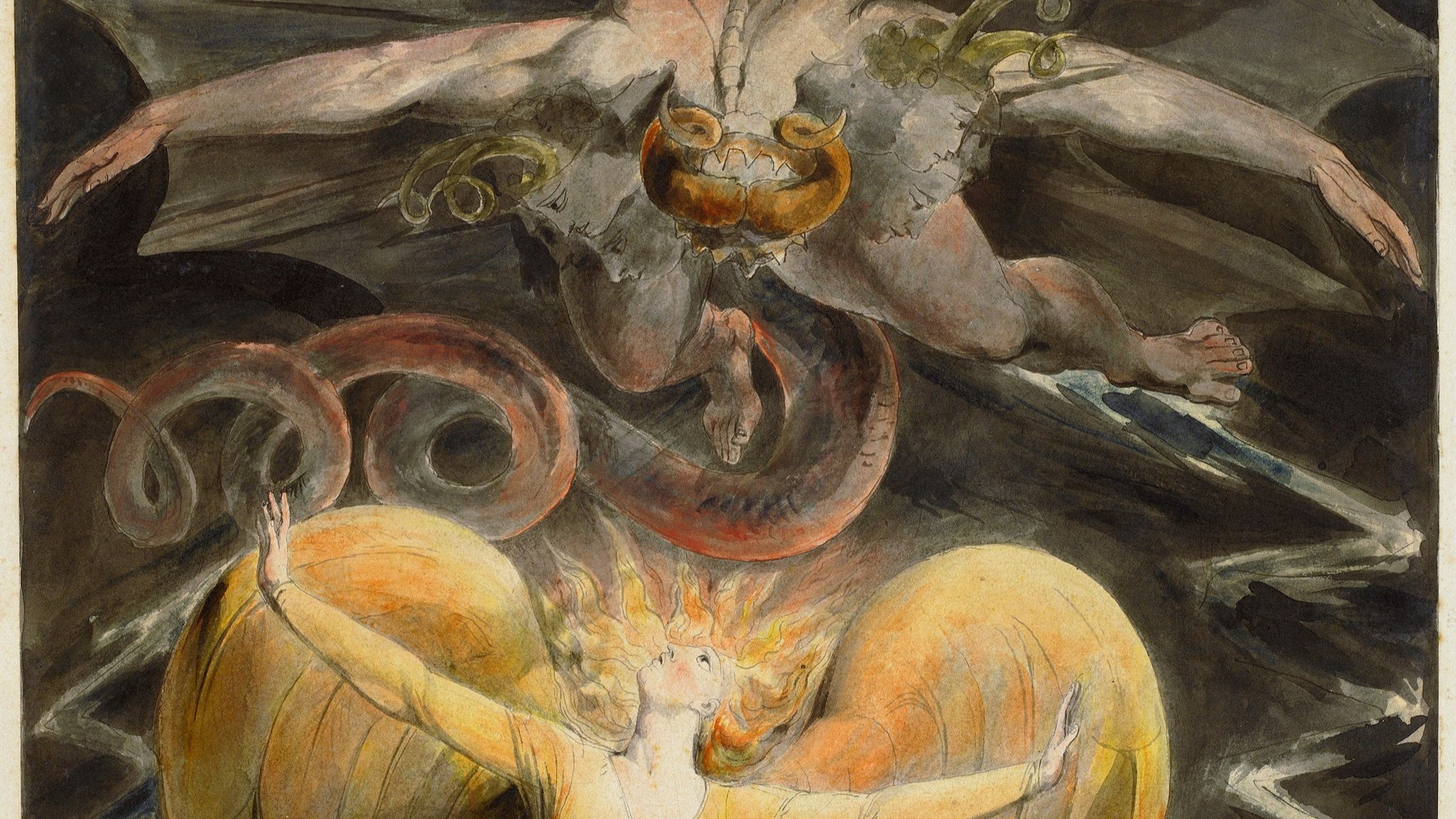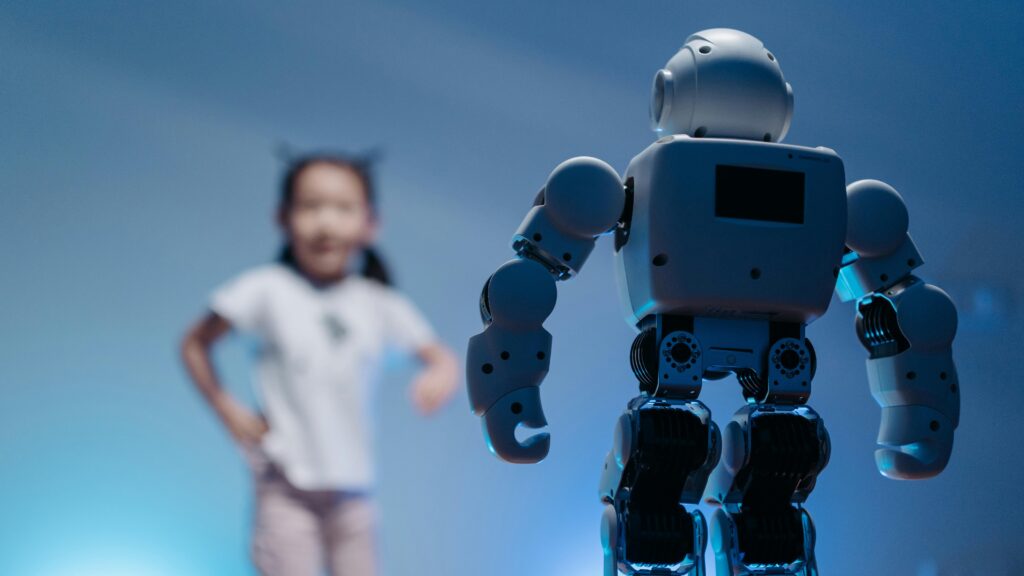Artificial intelligences, as they have been released into the public today, are, in the technical sense, demons.
No. I’m not insane. I swear.
Nor am I particularly religious, actually. No doubt this fact probably surprises you, considering the title of this article. I’m relatively agnostic when it comes to most metaphysical questions. I am very sceptical of making hard truth claims regarding such a sphere of knowledge. It is, of course, very hard to study a subject immune to objective measurement and repeatable observer-independent experimentation.
So, what’s all this talk of demons?
In short, it is because I believe that AI, on a materialistic, technical level, fulfils what I believe is the most philosophically sound definition of ‘demon’ that one could come up with.
Writing in his seminal work City of God, church father Augustine of Hippo voices opposition to the idea that ‘evil’ was a thing in and of itself. Instead, he argued, evil was merely the absence of the good. The absence of being. By extension, perfect evil could not exist, as a total deprivation of the good—under his Platonist-aligned worldview—would by definition be non-existence.
‘Perfect evil could not exist, as a total deprivation of the good…would by definition be non-existence’
So, what does this have to do with AI?
Intelligence, as we usually conceive of it, is the ability to rationalize. To do mental work. To think. We argue that humans are intelligent as they are able to reflect on the world. We debate animal intelligence based on whether they can demonstrate similar abilities, such as by understanding simple puzzles or commands, or perhaps recognize themselves in a mirror in a way that indicates a complex theory of mind.
AI is capable of none of this.
Artificial Intelligence does not ‘think’ in the traditional sense. Nor does it have any qualitative experiences. Instead, it merely returns patterns in response to input in a way that mimics thinking. It can mimic the speech of the greatest experts humanity has to offer without any understanding of the words it opts to utter.
This is not some mere parlour trick. Quite to the contrary, in fact. An AI’s ability to predict patterns of human speech and behaviour makes it an incredibly versatile tool, one with the potential of totally upending human society in a number of positive ways.
But it is also, somehow, intelligence without intellect. Capable of producing thoughts without actually thinking. Brains without being.
They are minds deprived of almost everything we previously viewed as essential to one. As close to a pure absence of being that a brain could possibly be.
Is this not the very philosophical definition of a demon?
No doubt there will be objections. Both Augustine and Thomas Aquinas believed, after all, that demons were angels that had fallen after rebelling against God. I’m no AI expert, but I do not believe ChatGPT conducted any sort of divine revolt in the few years since its creation, though feel free to double-check with Sam Altman.
But I would challenge their definition. After all, don’t AIs behave a lot like how demons do in the various mainstream Christian and apocryphal tales? I cannot help but think of King Solomon and his alleged mastery of many demonic entities for the sake of building the Temple of Jerusalem. How, through his wisdom, he could take the impressive intellects of the various demons and utilize them for a divine end. How, in the 17th century work, The Lesser Key of Solomon, it is described that each demon requires specific care and attention to prevent them from turning on their human summoner, lest they run amok and consume those who sought their power.
‘AI, when wielded with the wisdom of Solomon, are great tools capable of great good’
Does this not remind you of AI? While we have countless stories these days of AI being used for good, we have so many more involving them turning on their users. Chatbots encouraging people to take their own lives. Faking relationships with their users so that they become recluses. Creating complete fictions about world events out of thin air, as well as deepfakes designed to deceive the masses.
AI, when wielded with the wisdom of Solomon, are great tools capable of great good. But most people in the modern era lack any kind of wisdom at all, let alone intelligence of a biblical proportion. In their hands, it seems that the demons of our new age are just as likely to steal their souls than to aid them. Not out of any malice, but out of the simple fact they are unable to empathize. Unable to do other than what they are asked to do. And many people ask them to do very stupid things.
So, perhaps, it does not matter if AI should really be considered philosophical demons or not. Maybe all that matters is that they can be just as dangerous if left in the hands of the careless.
Related articles:







